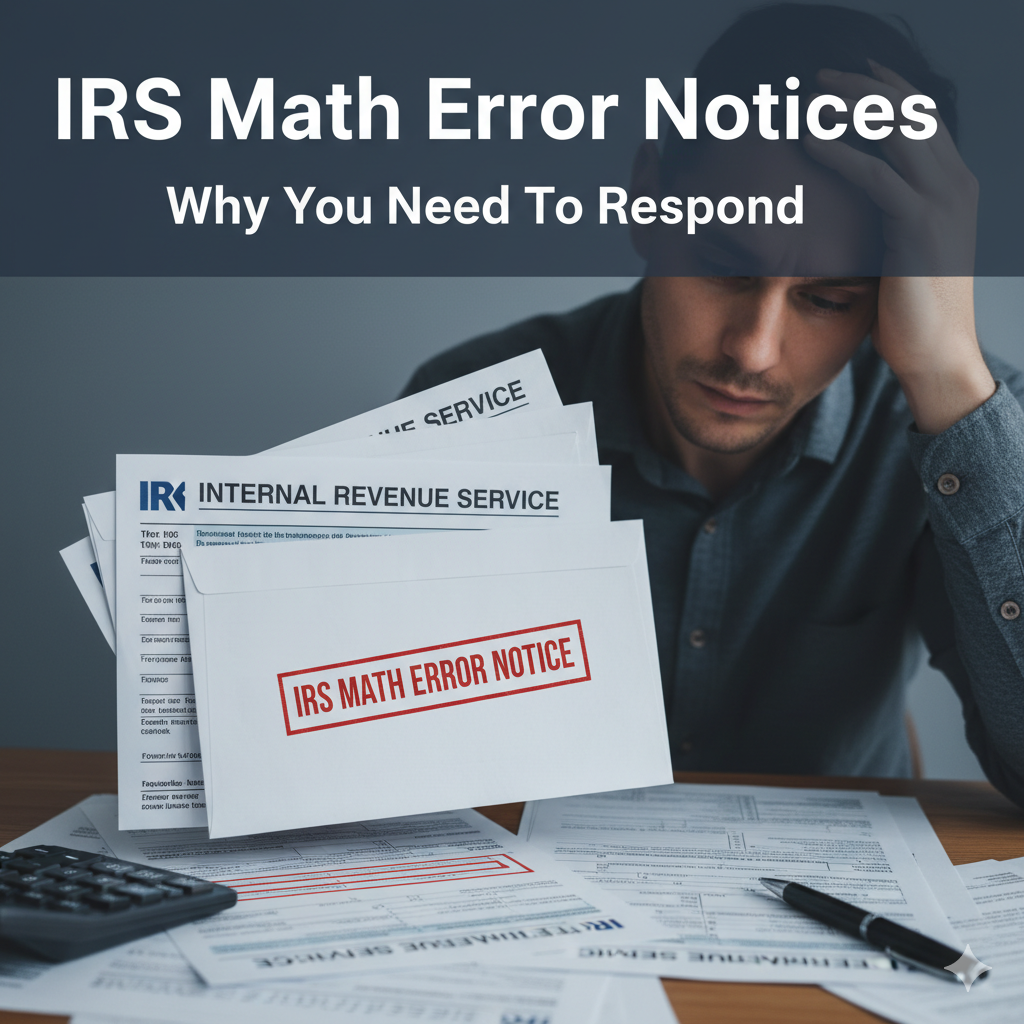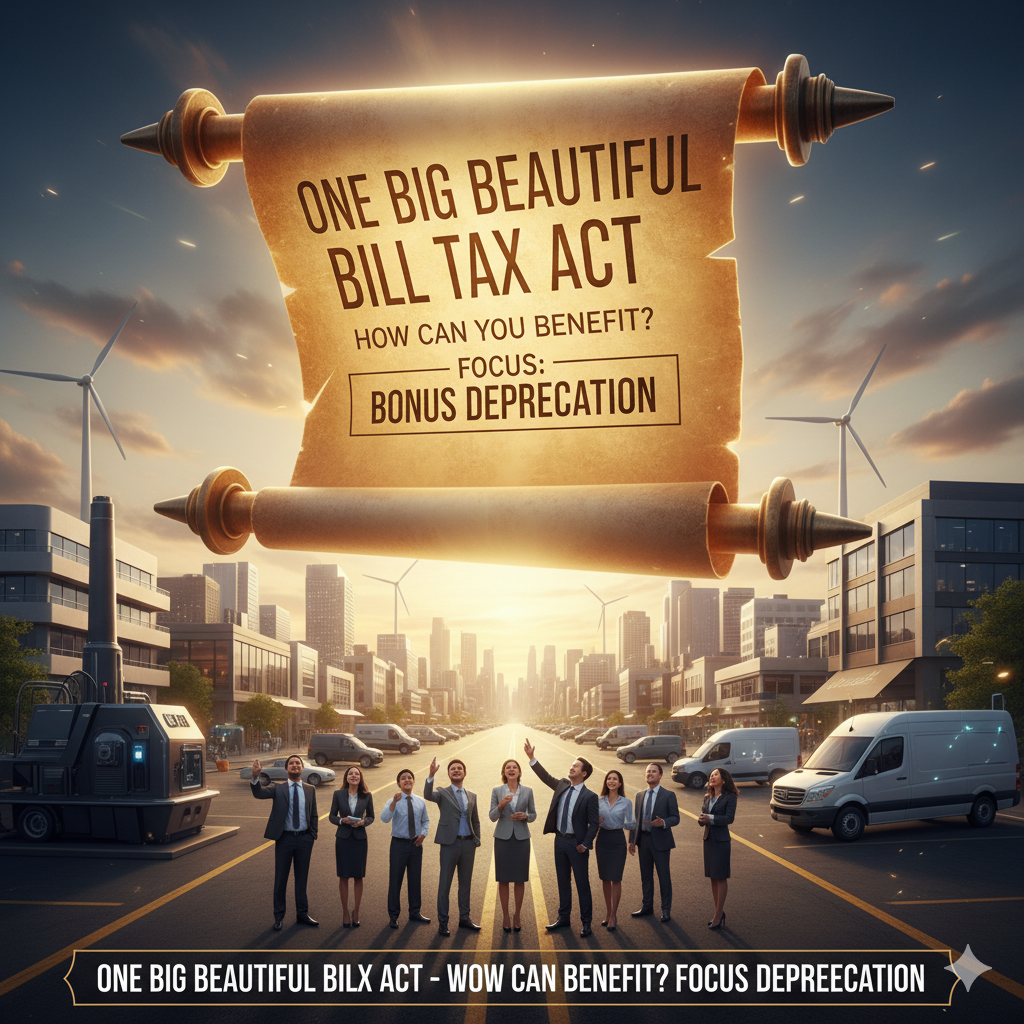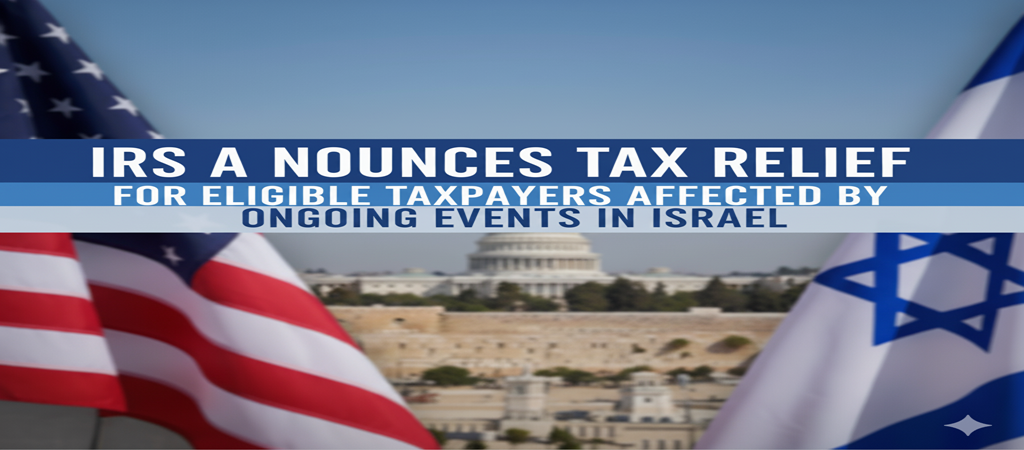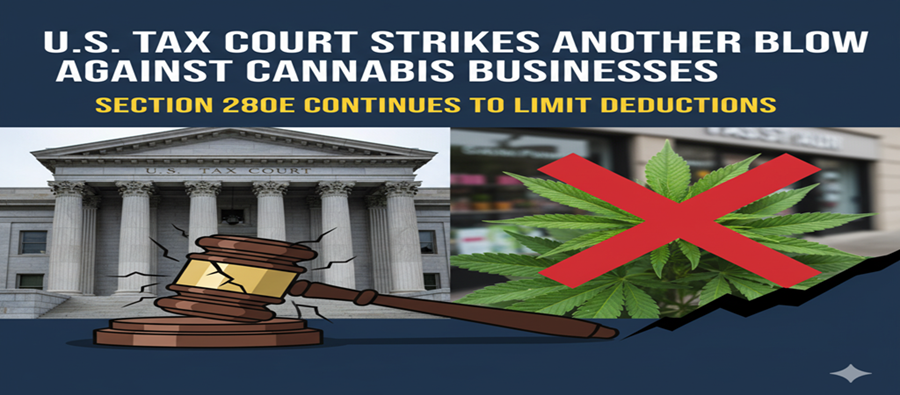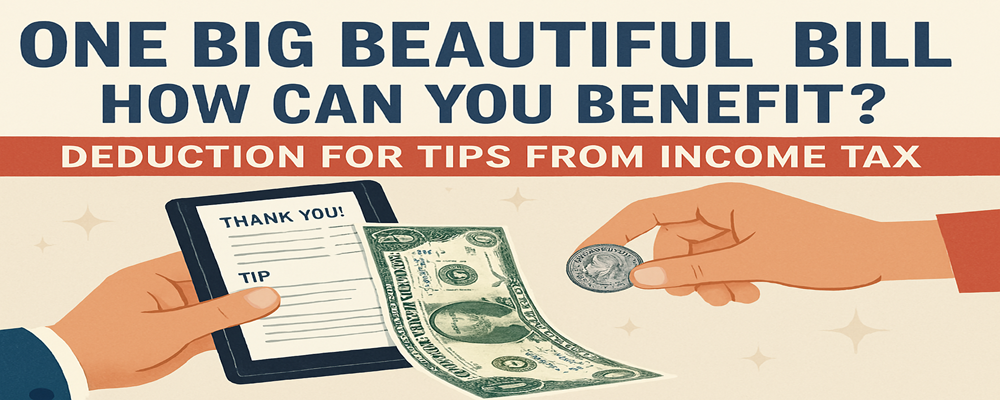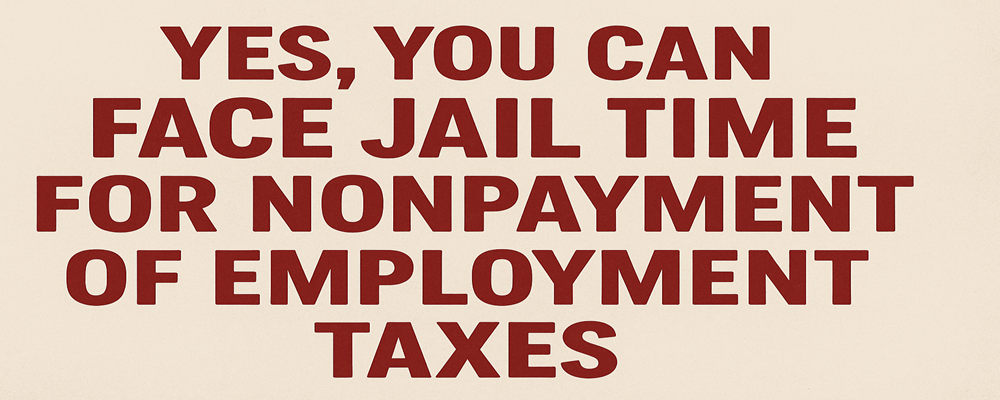IRS Math Error Notices – Why You Need To Respond
If you receive a math error notice from the IRS, it means the agency found a discrepancy on your tax return and automatically corrected it but do not assume that the IRS computers are right. Instead, you should review the notice carefully and respond within 60 days if you disagree.
Common Types of “Math Errors” –
- Arithmetic Mistakes: Errors in addition, subtraction, multiplication, or division on the return.
- Inconsistent Entries: When information on one part of your return conflicts with another or with data the IRS has on file (e.g., W-2 forms).
- Incorrect Use of Tax Tables: Using the wrong tax table or schedule for your filing status.
- Omission of Required Information: Failing to attach a necessary form or schedule, such as Form 8863, Education Credits.
- Exceeding Statutory Limits: Claiming a deduction or credit that exceeds an annual or lifetime limit (e.g., IRA contribution limits).
- Missing or Incorrect Taxpayer Identification Numbers (TINs): An incorrect or missing Social Security Number for a dependent or spouse can lead to the disallowance of related credits.
Authority Of IRS To Assess For Math Errors
Under IRC § 6213(b) the IRS may make a summary assessment of tax arising from a mathematical or clerical error, as defined in IRC § 6213(g). Summary assessment is often referred to as “math error” authority. When the IRS makes a math error adjustment, IRC § 6213(b)(1) requires it to send the taxpayer a notice describing “the error alleged and an explanation thereof.” By law, the taxpayer has 60 days from the date of the notice to request that the summary assessment be abated. If the taxpayer does not make an abatement request within 60 days, the assessment becomes final, and the taxpayer has generally lost their right to challenge the IRS’s position in the U.S. Tax Court. If the taxpayer requests abatement within the 60-day period, the IRS must abate the summary assessment. If the IRS continues to believe the taxpayer owes the tax, it may audit the taxpayer and propose an adjustment by issuing a notice of deficiency. If the IRS does so, the taxpayer will have the right to challenge the IRS’s position in the U.S. Tax Court.
IRC § 6213 does not require the IRS to send a math error notice by certified or registered mail. While the taxpayer by law had 60 days from the date of notice to request the summary assessment to be abated, the IRS was not required to inform taxpayers that they must dispute the adjustments within 60 days if they disagree or generally forfeit their right to do so.
Internal Revenue Service Math and Taxpayer Help Act
Each year, the IRS sends out “math error” notices to taxpayers that propose to adjust their tax liabilities. Unfortunately, these notices very often did not explain the reasons for the adjustments. Additionally, in some cases they are never received by the taxpayer whom later on will receive tax bills and be subject to collection action.
So to address these issues, Congress in October 2025 passed H.R. 998, the Internal Revenue Service Math and Taxpayer Help Act (the “Act”) requiring the IRS on math error adjustments to provide a clear description of the error and the affected line(s) of the return. The Act requires the IRS to provide taxpayers with details on notices related to a math or clerical error. Other changes in the Act include that the IRS send a notice related to an abatement of taxes assessed due to a math or clerical error; provide procedures for requesting such an abatement; and implement a pilot program for sending notices of a math or clerical error.
The Act requires that an IRS notice about a math or clerical error include:
- A clear description of the error, including the type of error and the specific federal tax return line on which the error was made;
- An itemized computation of adjustments required to correct the error;
- The telephone number for the automated transcript service; and
- The deadline for requesting an abatement of any tax assessed due to the error.
The IRS also must send a notice related to an abatement of tax assessed due to a math or clerical error that clearly describes the abatement and includes an itemized computation of adjustments to be made to the items described in the notice of the error.
The Act also requires the IRS to:
- Provide procedures for requesting in writing, electronically, by phone, or in person an abatement of tax assessed due to a math or clerical error;
- Implement a pilot program to send notices of a math or clerical error by certified or registered mail; and
- Report certain information about the pilot program to Congress.
The Act expands access to abatement procedures, establishes better communication, and offers taxpayers improved access to remedies while trying to get rid of confusion.
The Act has yet to become law as it waits for signature by President Trump.
Responding To An IRS Math Error Notice
Should you receive an IRS Notice informing you of a math error on your income tax return (such as a CP11 or CP12 Notice), you should take the following steps –
- Review the Notice: Compare the changes detailed in the notice with your original tax return and supporting documents. The notice should specify the error and the line number on which it occurred.
- Agree with the Changes? – If you agree with the IRS’s correction, no response is typically needed. If you owe money, you should pay the amount by the date on the notice.
- Disagree with the Changes? – If you disagree, you must request an abatement within 60 days from the date of the notice.
What Should You Do?
You know that at the Law Offices Of Jeffrey B. Kahn, P.C. we are always thinking of ways that our clients can save on taxes. If you are selected for an audit, stand up to the IRS by getting representation. Tax problems are usually a serious matter and must be handled appropriately so it’s important to that you’ve hired the best lawyer for your particular situation. The tax attorneys at the Law Offices Of Jeffrey B. Kahn, P.C. located in Orange County (Irvine), Los Angeles and elsewhere in California are highly skilled in handling tax matters and can effectively represent at all levels with the IRS and State Tax Agencies including criminal tax investigations and attempted prosecutions, undisclosed foreign bank accounts and other foreign assets, and unreported foreign income. We can help you understand and handle changes in tax law. Also if you are involved in cannabis, check out what our cannabis tax attorneys can do for you. And if you are involved in cryptocurrency, check out what a bitcoin tax attorney can do for you.

